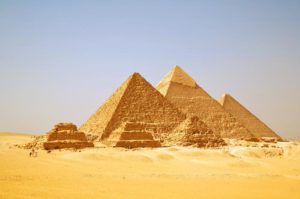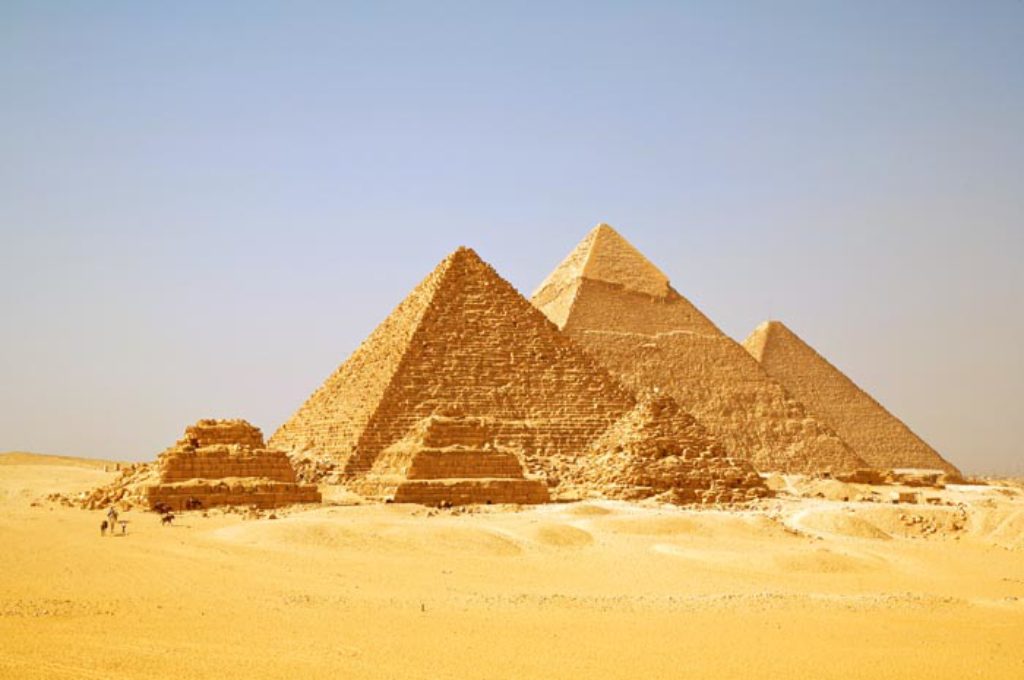The Power of the Word

“The pen is mightier than the sword” is an old saying that rings truer than ever as we witness the people of Egypt rise up, facing tanks, bullets and armed thugs, to bring an end to the decades-long tyranny of dictator Hosni Mubarak. Yesterday, the demonstrations in Tahrir Square in Cairo, and elsewhere in that ancient nation, swelled to their biggest crowds ever since the uprising erupted two weeks ago. Rather than lose energy, the rebellion has grown in power. The day before, a young Egyptian named Wael Ghonim, a manager for internet giant Google in the Middle East, appeared on Egyptian television for an emotional interview. Ghonim’s appearance galvanized Egyptians to come out in mass to demonstrate their determination that Mubarak must go at once. Ghonim had just been released from imprisonment by Mubarak’s security police after they grabbed him off a Cairo street, threw a hood over his head, and took him away to an undisclosed location. This was on the third day of demonstrations. No one knew for nearly two weeks what happened to him, but the worst was feared. Under Mubarak’s rule, his secret police make people who dare speak out against injustice disappear to be silenced, brutally tortured, even murdered. In the television interview, Wael Ghonim was shown photos – the faces of three hundred demonstrators who have been killed by Mubarak’s henchmen. He broke down and sobbed on camera: there were so many unsung heroes who had sacrificed their lives for the sake of freedom. He himself might have been one of the dead. Instead, he was now being hailed as a national hero and symbol of resistance – the instigator of the uprising. Ghonim is a shy, quiet young man, but it was he who had risked everything to post on Facebook the first call out to his countrymen to gather for demonstrations demanding that Mubarak leave. When he posted his message on the internet, he had no inkling that his impassioned words would trigger a revolution.
Like Praxedis G. Guerrero a century ago, the young Mexican journalist whose powerful words helped bring down the oppressive dictatorship of Porfirio Díaz, Wael Ghonim and thousands of others in Egypt and around the world have discovered that the word is indeed mightier than the sword. Many proclaim that this is the age of the internet, that it is the internet that has made possible the rebellions and revolutions sweeping the Middle East. The internet is a new and powerful means of communication. But it is the words and images that are distributed around the world that stir people to action. Julian Assange, the founder of Wikileaks, has unleashed documents filled with words that reveal the truth of what our governments secretly do and say behind the walls of official statements. The power of these words make us think differently, make us re-examine our assumptions and beliefs. During the ten-year Vietnam War, a psychiatrist in Beverly Hills, California, Dr. Daniel Ellsberg, copied thousands of pages of secret U. S. government documents – the so-called Pentagon Papers – and leaked them to newspapers. They revealed the mendacity of governments and the brutal reality of imperialistic wars, and the Vietnam War likely came to an earlier end due to his actions as a man of conscience. Words have meaning and they have power, the power to calm, soothe and heal, but they also have the volatile energy to trigger explosions and tear apart old systems, bring down outmoded and autocratic governments. Words can open the way for new realities to take shape beyond simply new governments. Words of vision and imagination coupled with the electronic pathways of instant communication can change the whole world for the better. Words carry a heavy responsibility, too: It is incumbent upon all people to use words carefully, to reveal truths based upon facts, honest perceptions and humane motivations. And to be brave and speak out, even to risking one’s life, when one’s conscience demands it.
As we watch how the drama unfolds in Egypt, let us listen closely to the words uttered by government officials and the words of Egypt’s demonstrators and other ordinary people of Egypt. There is a wealth of information available to us, as never before in history. Pay close attention to the words of journalists covering the story. Refine our own ability to ascertain truth, draw our own conclusions, shape our own understanding. This is a great moment in the evolution of human and civil rights, and in the ability of technology to spread news everywhere faster than ever. But this is also a momentous demonstration of how words are tools for change. Wael Ghonim and hundreds of thousands of other demonstrators will be using powerful language in the coming weeks and months to shape the direction of Egypt’s revolution and create its future as a nation. Listen carefully to them.





Wednesday March 9th, 2011 @ 08:05 PM
The difference between fiction and reality is that fiction has to make sense.